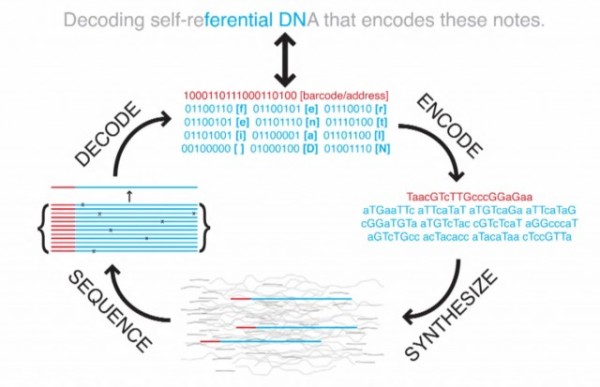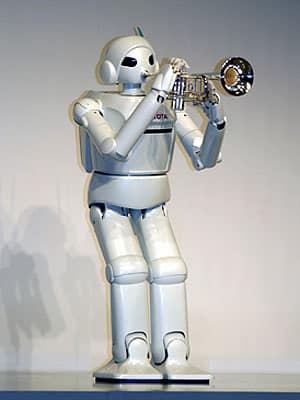We live in a world that is virtually overflowing with the abundance of data. Whereas machines and digital tools have somehow made it easier to store data, they have not advanced at the pace with which data is being churned out. However, now a Harvard geneticist seems to have found the most effective means of data storage – DNA.
Scientists have been working for years to find a way to successfully store data on a DNA. They had many reasons to do so. DNA is not only very dense, it is also very stable, so much so that it can remain undamaged and intact for hundreds of thousands of years! This is precisely the reason why a Harvard geneticist’s success in doing so is pretty much like finding the Holy Grail of digital data storage.
George Church and Sri Kosuri at Harvard’s Wyss Institute were able to store a whopping 700 terabytes of data on a single gram of DNA! This is, without a doubt, an incredible achievement. To accomplish this, the duo simply synthesized the strands of DNA which can hold 96 bits. Once the data is stored on the DNA, it simply has to be sequenced and converted back from TGAC bases into binary, to render it readable.
Just like the regular digital storage, each DNA strand has a 19-bit address block at its start which is how the DNA is successfully sequenced. To give you an idea of this achievement, the regular digital storage, at best, will require 233 3-terabytes hard drives to store 700 terabytes of data. On the other hand, a DNA can easily fit on the tip of our finger.
Such a break-through in digital storage can be revolutionary. It can finally make such things possible which hadn’t been done simply because the load of data from those projects couldn’t be stored. With the kind of storage capacity the DNA offers, we can literally churn out bulk loads of data and easily store it, without ever running out of memory. Watch a video of the two Church and Kosuri from Harvard who speak about their huge break-through:



